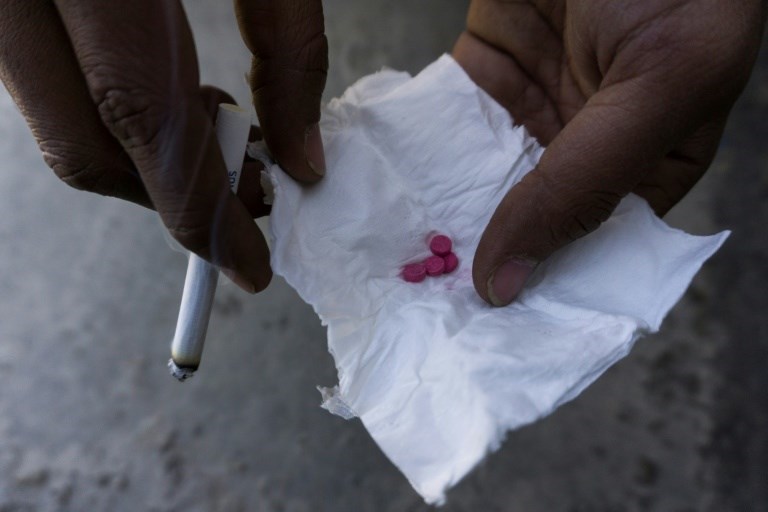If ever there was a time to google “Keynesian economics,” this would be it.
With millions of dollars getting pushed out government doors to individuals, businesses, charities and various other organizations, one might ask, “Where the heck did all this come from?” and “What about that old deficit?”
Even Conservatives, who claim to be deficit-averse, are calling on governments to keep the cash flowing — albeit to business groups, in particular.
As Prime Minister Justin Trudeau put it in one of his morning addresses, “we had money set aside for a rainy day…well, it’s raining.”
It’s a nice line, but makes it sound like we just had a pile of cash sitting in the proverbial sock drawer waiting to be dug out. Perhaps more helpful, but less catchy, is a reference to John Maynard Keynes, the British economist who revolutionized economic thinking in the 1930s.
Keynes argued that a capitalist economy will inevitably have ups and downs, and a society can best weather those if its government pumps money into the economy when it’s down and restrict spending when it’s up.
He talks about “aggregate demand,” meaning you need enough people buying stuff to keep the economy running. And if they can’t earn that money by selling their labour on the “free market,” find another way to give it to them.
Basically, Keynesian economics argues that when people are given the resources to cover their needs, they will participate in the economy. That participation strengthens the economy and a stronger economy gives people the opportunity to work and become a net contributor.
So, here’s my question.
Why is it this concept seems to be so heartily embraced in the midst of this crisis, but so dismissed in others?
For a decade now, health authorities and frontline workers have made essentially the same argument regarding the opioid crisis, yet there’s certainly been no Emergency Response Benefit for addicts.
Just as now, experts have long argued that if people (addicts) are given the resources they require to manage their needs, they will ultimately become a net contributor to society.
Of course, on the level of sympathies, an addict is generally a few notches below a temporarily laid-off worker. But even if we take moral judgment out of the equation, there is the economics.
Currently, the financial costs to society incurred by the opioid crisis is huge. It drains our hospitals, courts and police services far greater, I would argue, than the expense of providing housing and a clean drug supply. And while that case has been made repeatedly, it hasn’t really registered — until now.
Recently, Vancouver has been given temporary approval from both the provincial and federal governments to ensure people with addictions are given prescriptions for their drugs.
This allowance is being made to keep people from going out to score drugs on the street, which is not good for social distancing, and ending up in hospital because the junk they bought was tainted with fentanyl, which is not good for an already stretched medical system.
So, if the moral and ethical reasons to take the opioid crisis seriously don’t register, let’s at least consider the practical ones.
If providing for basic needs makes economic sense in one medical crisis, why not another?



